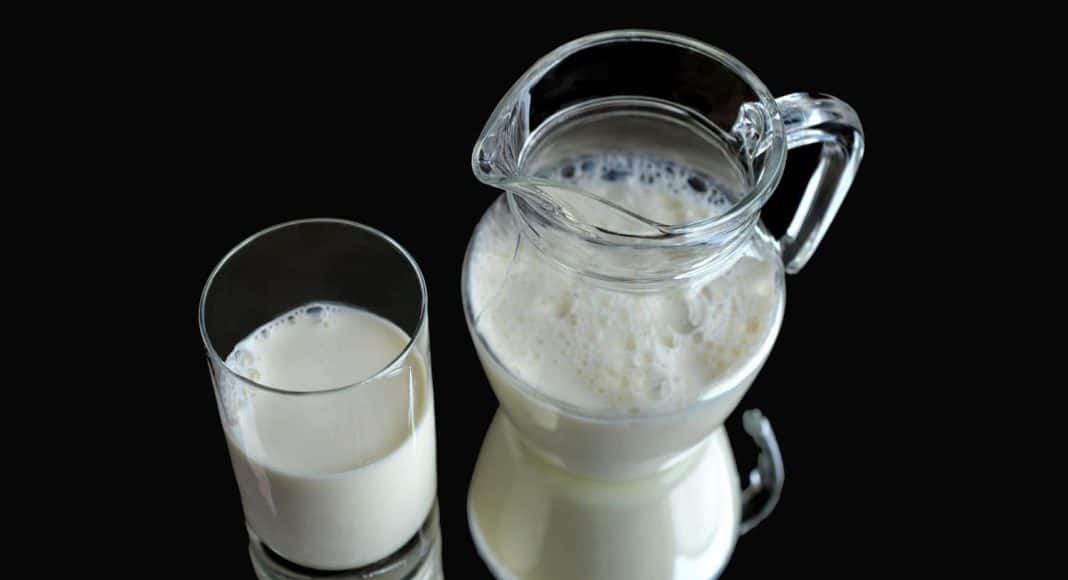Osteoporosis is a condition in which bones become weak and brittle. It’s typically due to loss of tissue, which happens as we age and hormonal changes occur. In a normal body, bone tissue is constantly being absorbed and replaced. However, in someone with osteoporosis, the new bone creation works at a slower pace than the bone removal.
Osteoporosis is the type of illness that can’t be undone or cured. However, certain remedies like healthy dieting, exercising and even medication can slow down the process.
-
Related Story: Little-Known Health Effects Of Medical Marijuana
But you know what else is good for Osteoporosis? (If you guessed drinking more milk, you’re not completely wrong, but the answer we were looking for is cannabis).
Here’s why: Our body is complete with our own cannabinoid system called the endocannabinoid system (aptly named). Therefore, areas where cannabinoid receptors (CB1 and CB2) are located interact better with cannabis cannabinoids.
In a 2009 study published in Cell Metabolism, scientists compared rats with different level of cannabinoid receptors. CB1 receptors regulates reduced bone formation and fat accumulation also known as osteoporosis. Rats deficient in CB1 receptors had more fat accumulation leading researchers to conclude: CB1 receptors protects the bones by regulating bone tissue absorption and creation.
In other words, researchers are leaning towards cannabis as a possible treatment for age-related osteoporosis since it’s regulated by our endocannabinoid system.
Cannabis works in many other ways for people with osteoporosis. First, the condition isn’t necessarily detected until a broken bone or fracture occurs. Luckily, in a 2015 study researchers at Tel Aviv University and Hebrew University found that cannabis’ non intoxicating compound, cannabidiol or CBD, may help heal broken bones.
-
Related Story: Why Won’t My Doctor Prescribe Medical Marijuana For Me?
In an experiment conducted with rats, researchers administered either CBD alone or CBD and THC (cannabis’ psychoactive ingredient) to rats with broken thigh bones and observed the effects over a controlled period of time.
Researchers concluded that THC didn’t appear to have much of an effect, but the rats treated with CBD alone healed faster and were less likely to have fracture in the same place because the CBD produced a much stronger “fracture callus” or bridge that builds between the broken area.
Weak bones AND broken bones? Cannabis seems to be the gift that keeps on giving.


